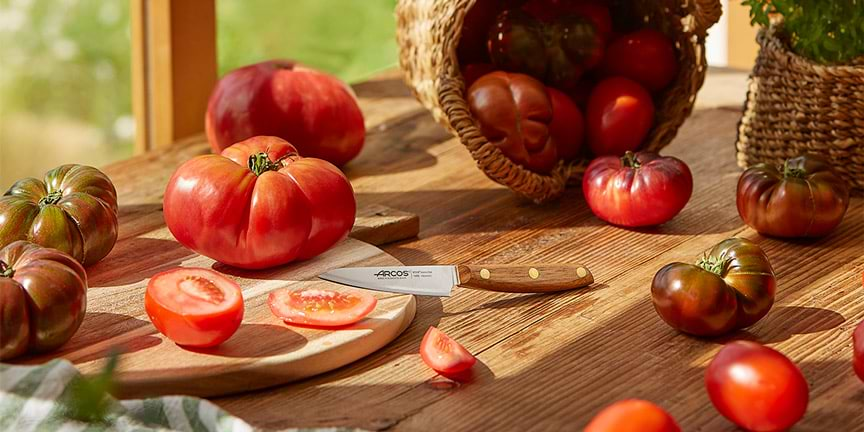Exploring Local Flavors: The Importance of Proximity Cuisine
The concept of market cuisine is here to stay. And it’s no surprise, as more and more people are choosing to incorporate these products into their daily lives on a regular basis.
We can confirm that these “kilometer zero” products are ideal both for the consumer’s own benefit, thanks to their high quality, and for becoming the perfect way to support the economy of local communities.
Furthermore, the importance of proximity products in the local economy and in caring for the planet are the main reasons they have become essential on any consumer’s shopping list.
Do you want to explore local flavors and understand why consuming proximity foods offers so many benefits? We’ll tell you everything you need to know about proximity cuisine, how to identify these products, and why you should consume them.

Local products refer to items produced within a 100-kilometer radius of where you live.
Generally, these products are made and consumed within a relatively close geographical area to your place of residence.
They are specifically crafted to raise consumer awareness about the importance of sustainability and the support needed by small businesses, all while maintaining a strong commitment to quality.
Being produced and marketed near their place of creation helps minimize intermediaries and, above all, reduces transportation-related processes.
How to know if a product is local?
Now that we understand what local products are, the next step is learning how to identify them when shopping.
If you want to determine whether a product is local, these tips will be highly useful:
-
Check the labeling: Labels are essential for confirming whether a product is local. Most of these products clearly state their origin and often carry labels categorizing them as “zero-kilometer product,” “local product,” or “D.O.” (denomination of origin).
-
Look for sustainable certifications: Many local products have certifications indicating their origins in organic farming or bear sustainability seals.
-
Ask the seller: If you are in a truly local store, the seller is likely to know the origins of every product they sell, so don’t hesitate to ask.
-
Seasonality: Remember that all zero-kilometer products are seasonal, reflecting the natural cycles of the region.
-
Join consumer groups: There are consumer groups and cooperatives where you can participate and collaborate with businesses that sell local products.
By following these steps, you can confidently identify and support local products.
Benefits of Consuming Local Products
As we have previously mentioned, there are countless reasons why buying local products brings a multitude of advantages.
Here are the ones we believe are undoubtedly relevant and worth mentioning.
01 High-quality foods, fresher and more flavorful
We are certain that what most impresses consumers about market-fresh kitchen products is the high quality they offer.
These products typically reach the consumer’s table shortly after being harvested, resulting in a much more intense flavor and freshness when cooked.
02 Higher nutritional value in foods
In addition to enjoying the maximum intensity of flavor in these foods, another reason to consume local products is their high nutritional value.
They are harvested at their optimal ripeness, which helps them retain vitamins and minerals much more effectively.
03 Boosting the local economy
While user satisfaction is often one of the most important aspects of local foods, their ability to increase benefits for small local businesses is equally vital.
In addition to promoting job creation in these areas, the money spent in such stores tends to stay within the community where the product was made, thereby supporting the local economy.
04 Greater sustainability and reduced environmental impact
They are categorized as sustainable products due to the reduction in carbon footprint during production.
They require significantly less packaging and avoid the use of plastics or harmful waste that could damage the environment.
05 They promote agricultural biodiversity
Promoting agricultural biodiversity is another benefit offered by these products, which are crafted using highly traditional techniques.
These foods are fully adapted to the local climate of the area where they are produced.
There are consumer groups and cooperatives where you can participate and collaborate with businesses that sell these products.
In short, remember that by consuming zero-kilometer products, you not only have a greater opportunity to enjoy seasonal products, but you also contribute to sustainability and the economy of your local community.

